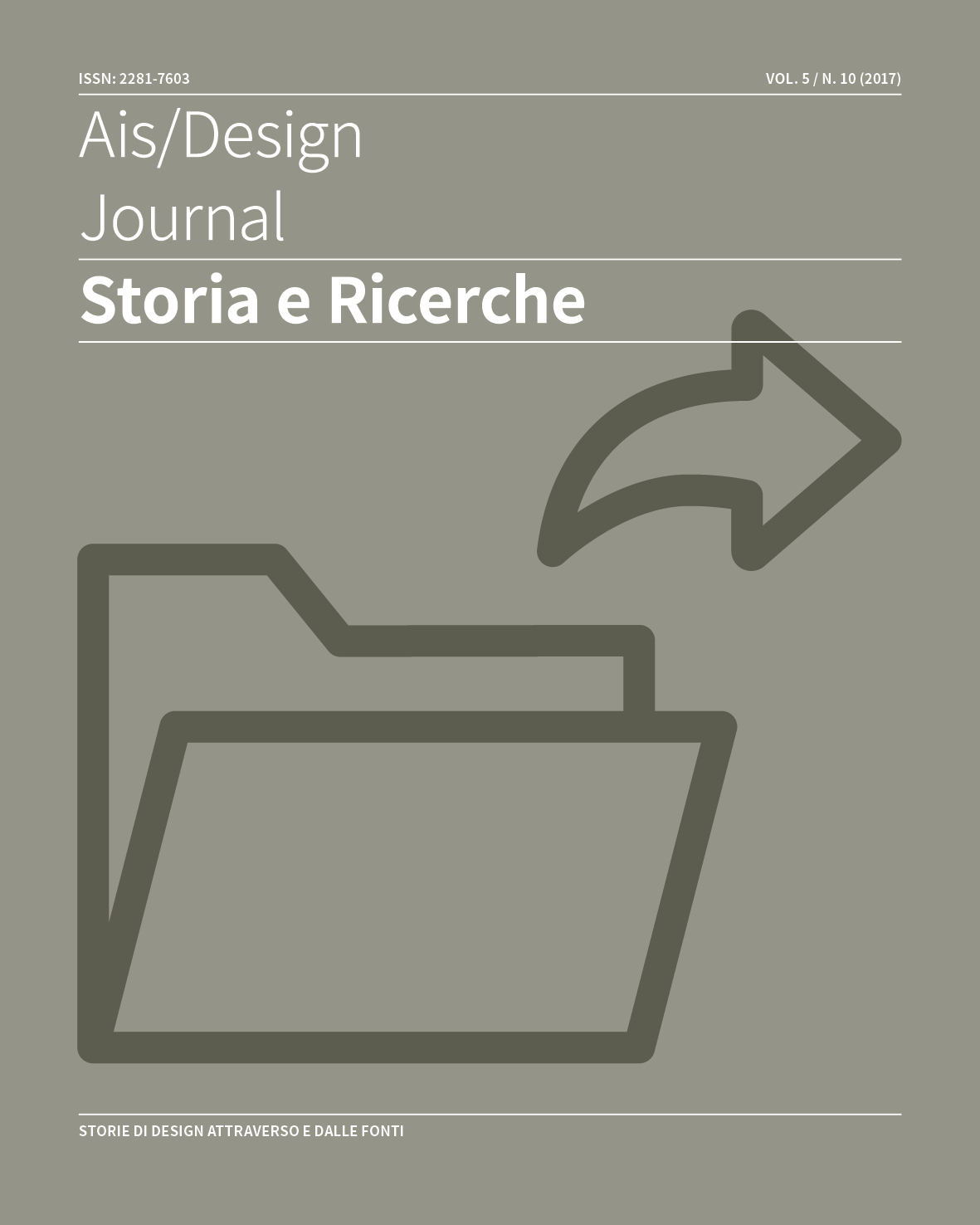Ephemeral Voices and Precarious Documents
Fixing Oral History and Grey Literature to the Design Historical Record
Abstract
Taking as a starting point the recent interest of design history in the history of actors, groups or events that fall outside an institutional context, this article discusses methodological challenges related to research on histories that are less documented in conventional archives. As these histories may often be found in private archives and/or the memories of historical actors rather than in conventional archives, they require a different type of methodological reflection and practice. Drawing on examples from the author’s ongoing PhD research on design education in the Scandinavian countries and the emergence of a discourse on sustainability in the late 1960s and 1970s, this article discusses problems and benefits regarding the use of oral sources, ephemera and grey literature. The latter is presented as a concept to expand the borders of the archival category in order to include more unconventional source material which might otherwise be lost. The article further argues that a more conscious approach to this type of methodology may add nuances to existing interpretations and complement the more conventional use of sources in design historical research.
Copyright (c) 2017 Ida Kamilla Lie

This work is licensed under a Creative Commons Attribution-NonCommercial-NoDerivatives 4.0 International License.
Creative Commons NonCommercial-NoDerivates 4.0 international License (CC BY-NC-ND 4.0).


